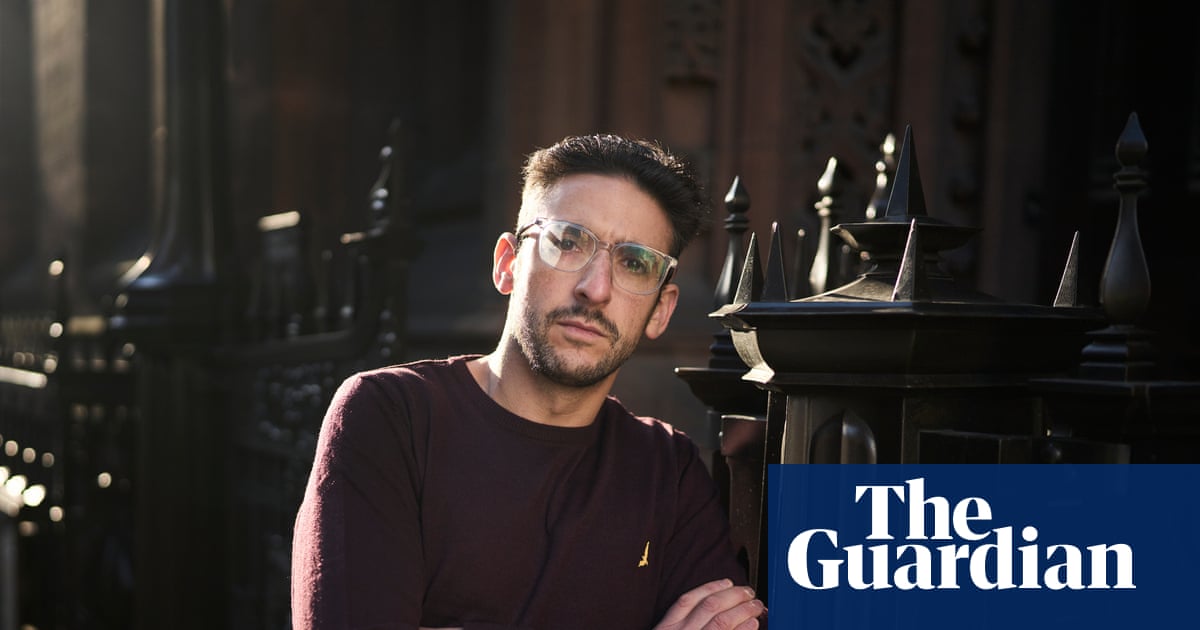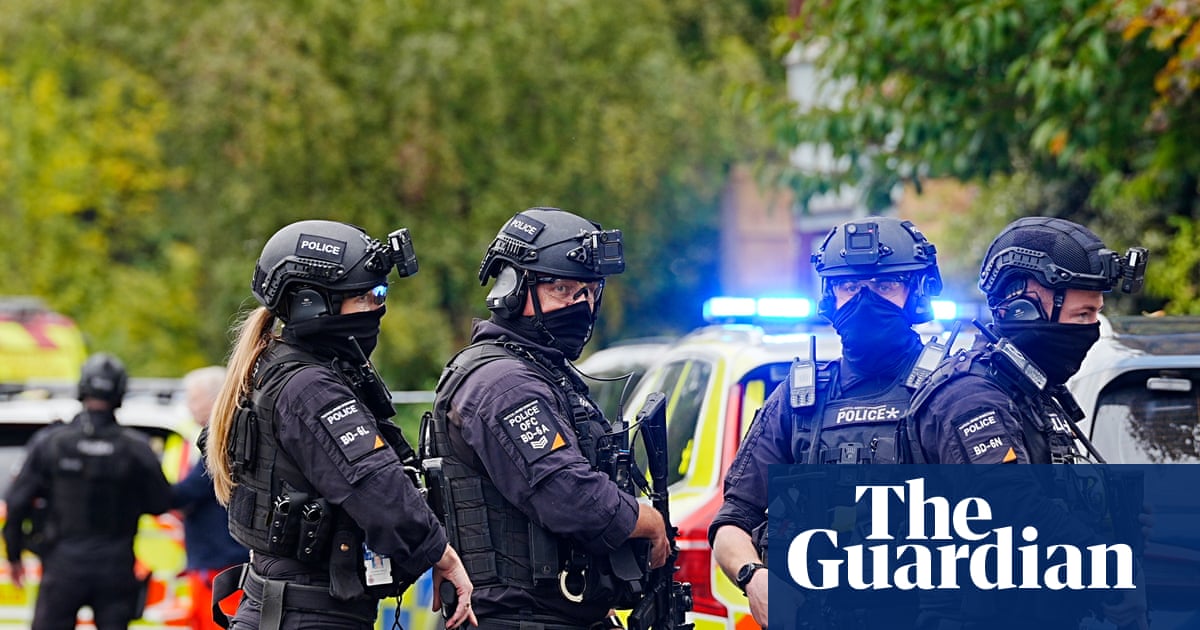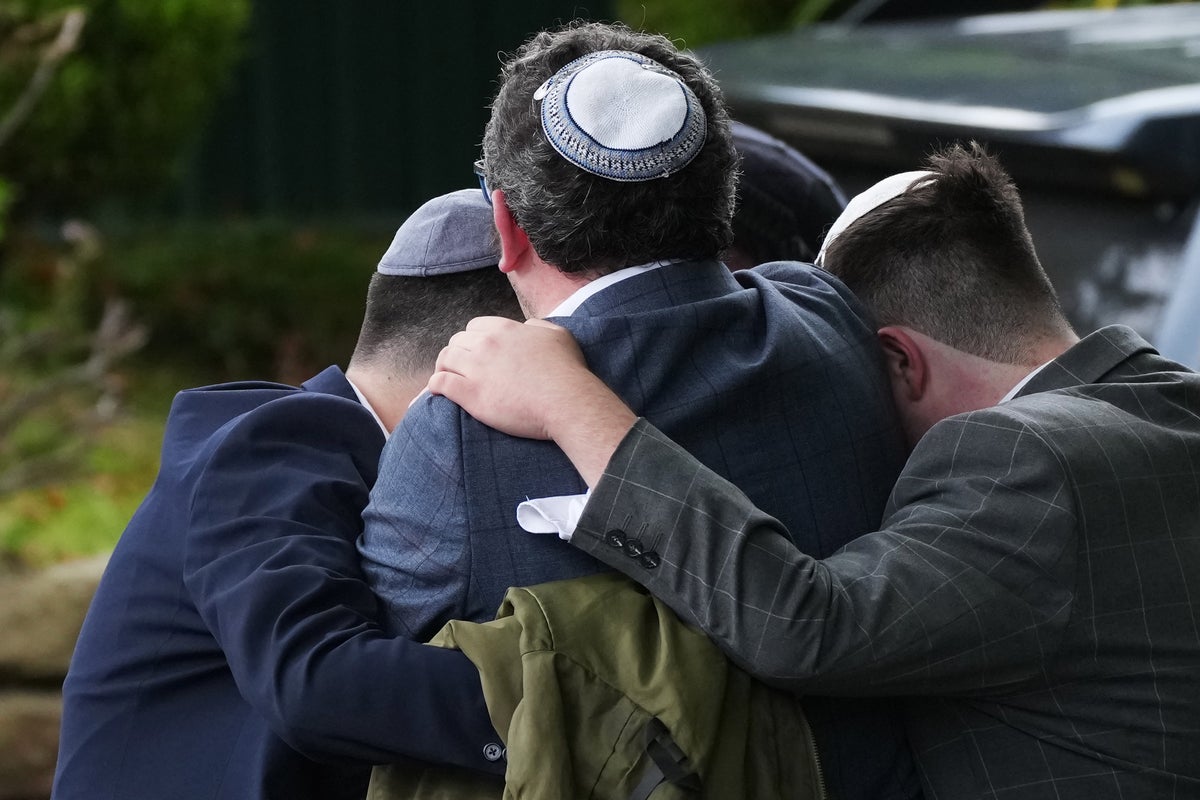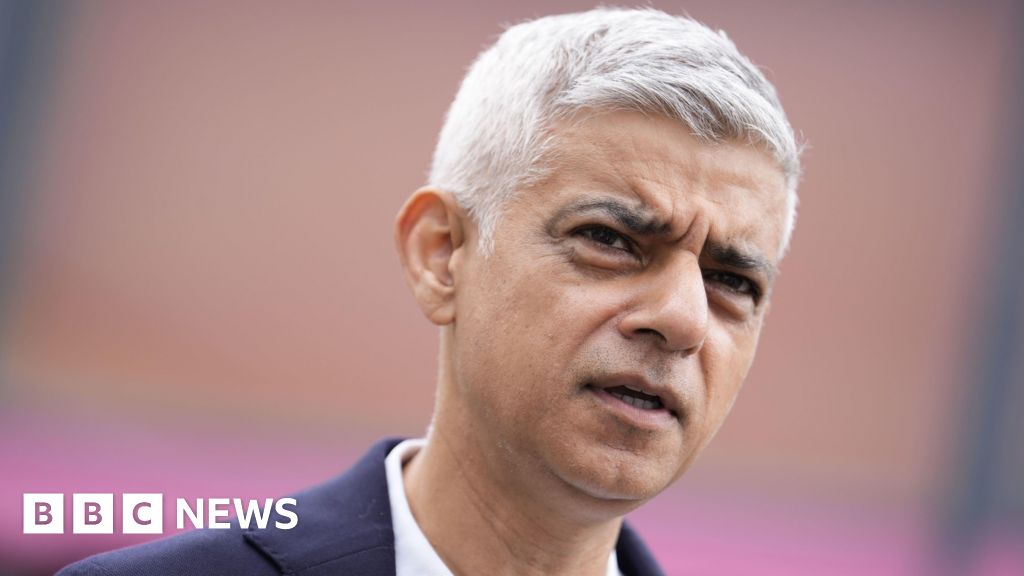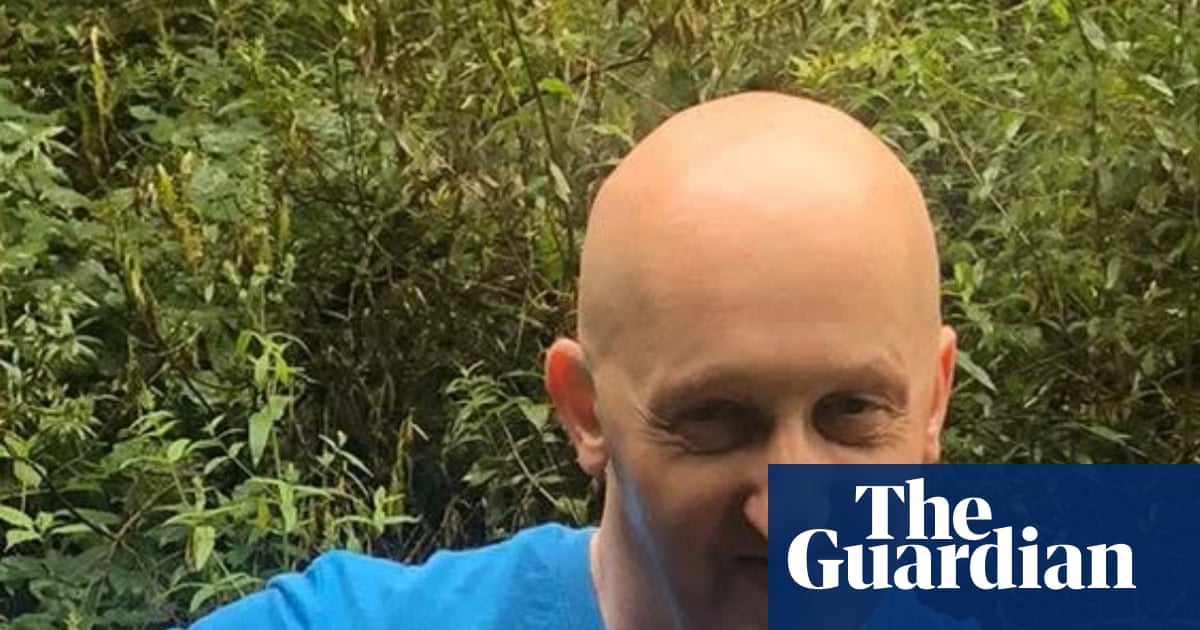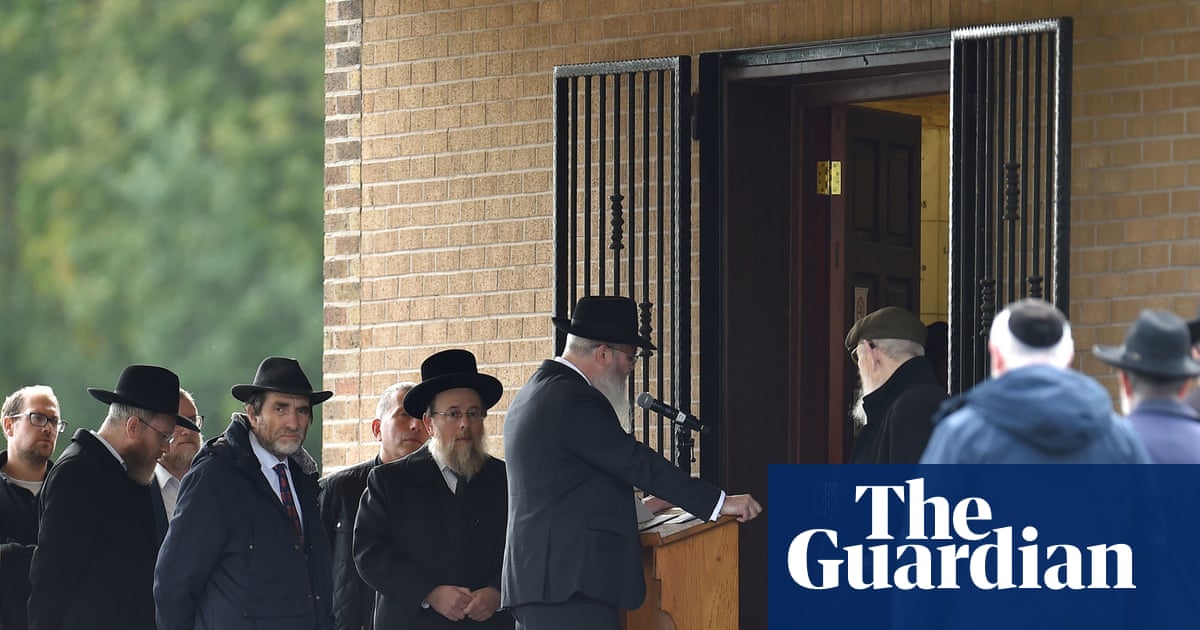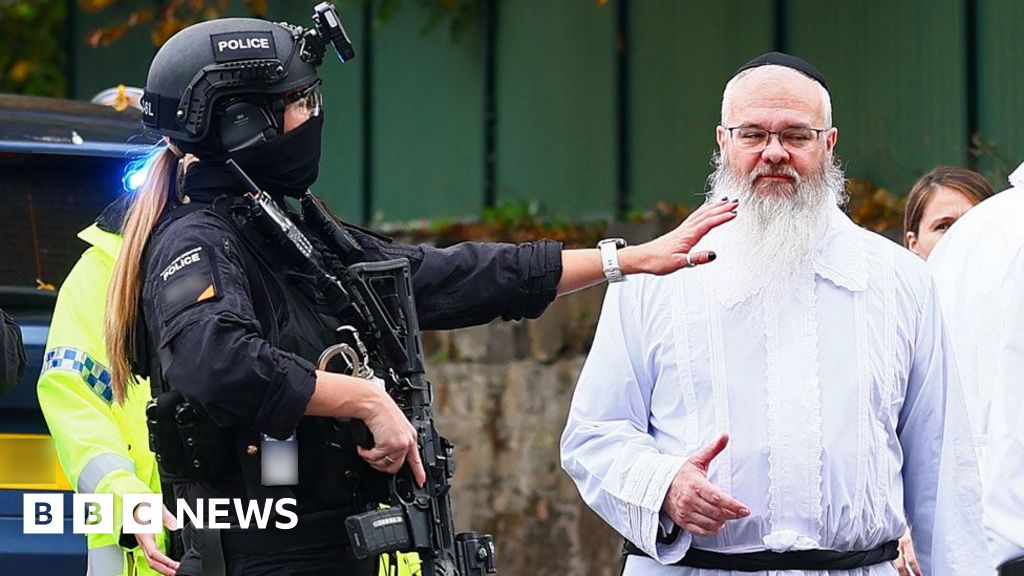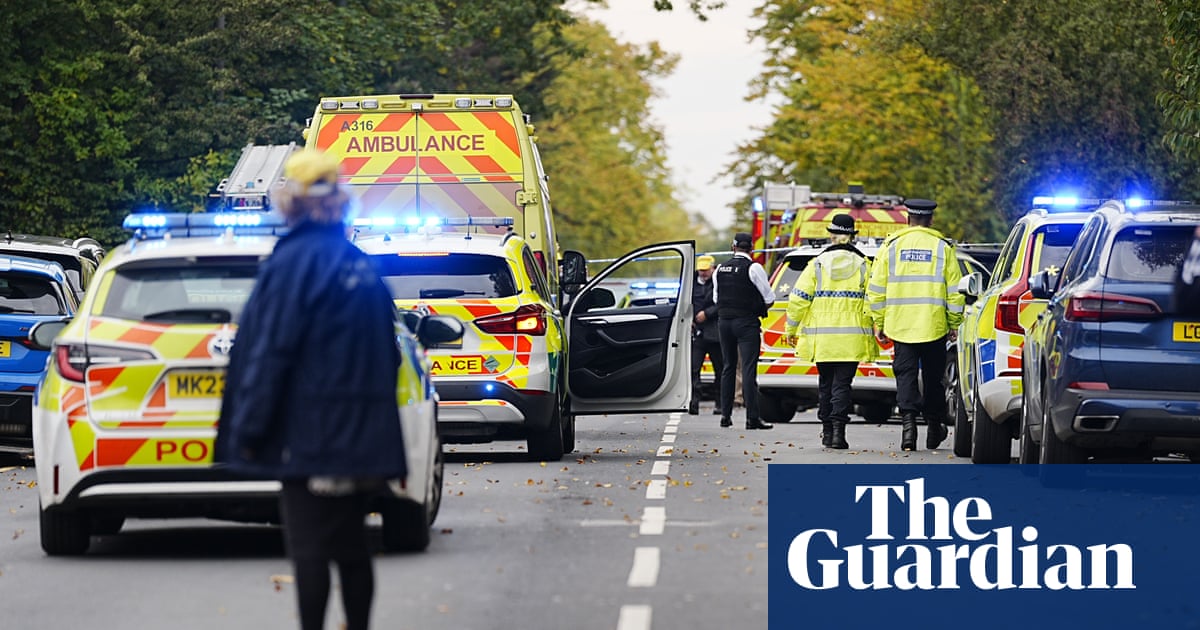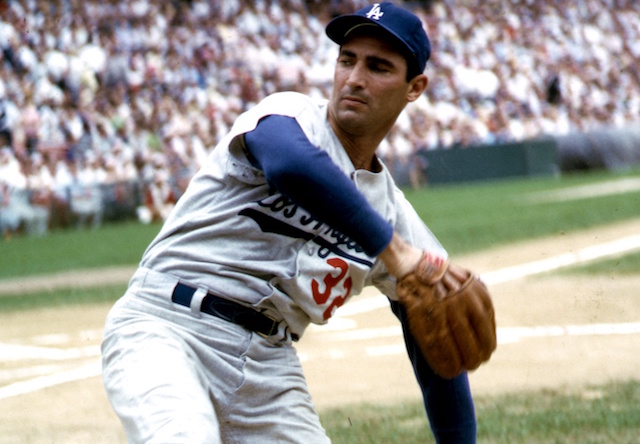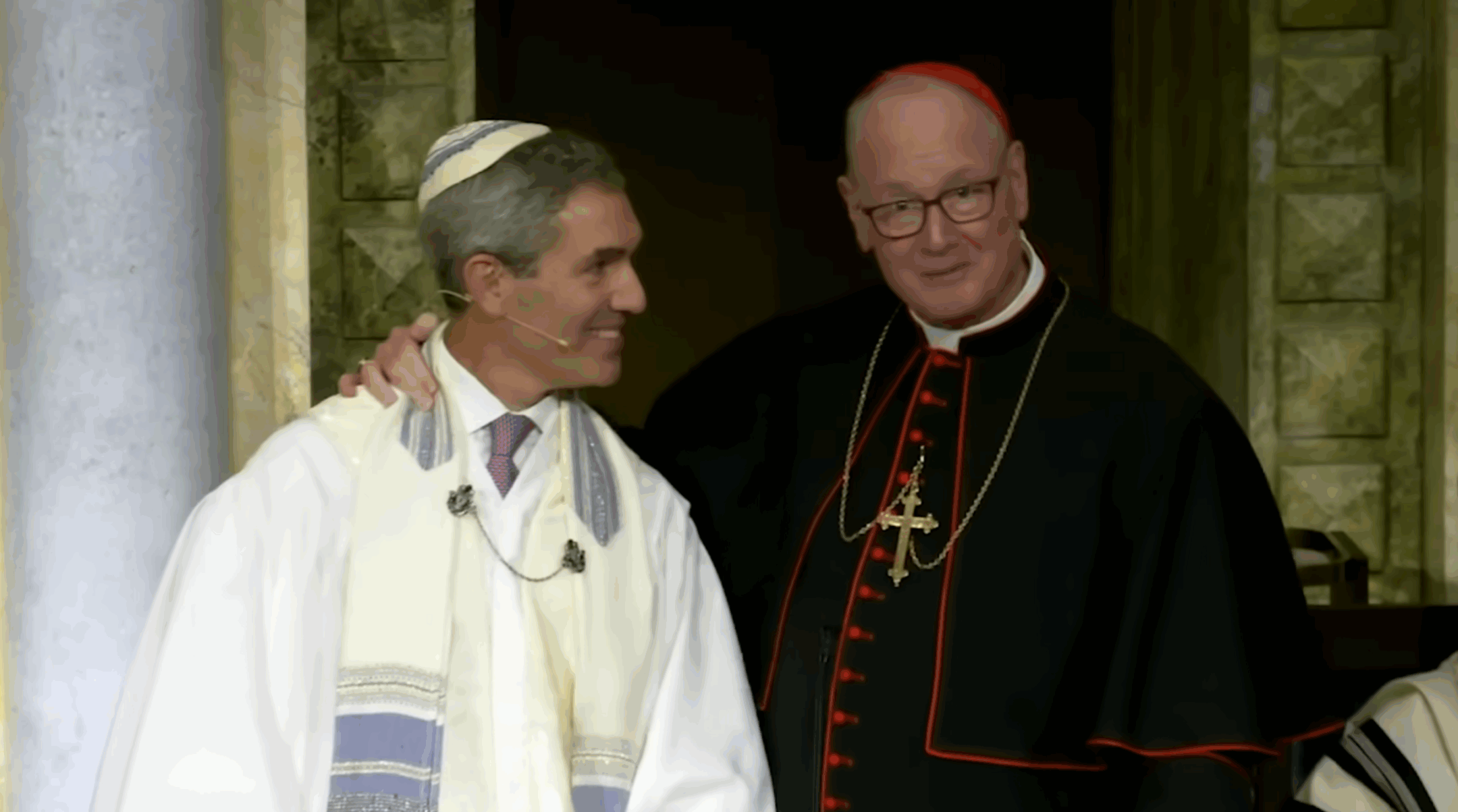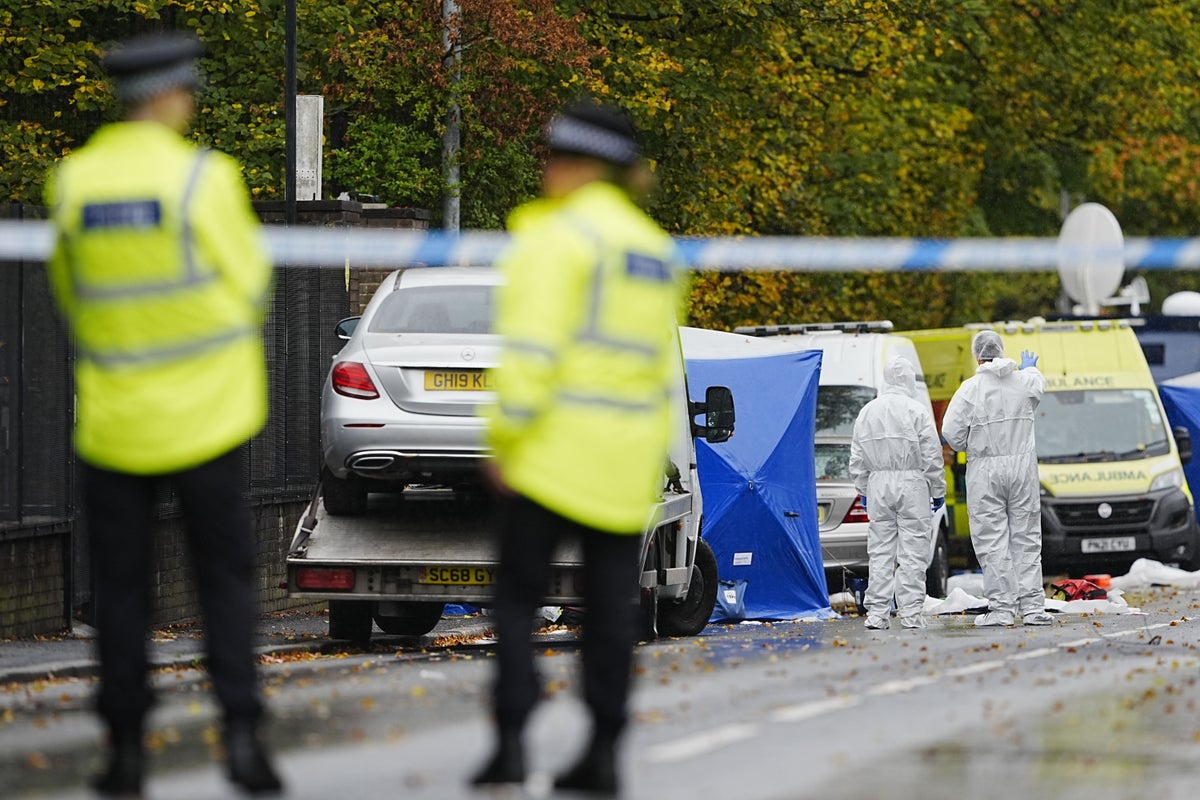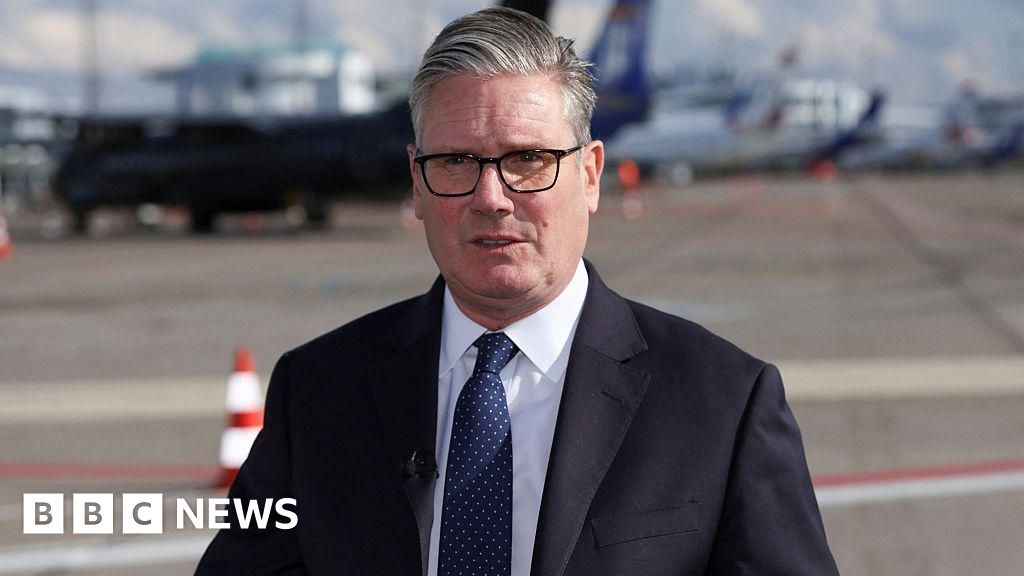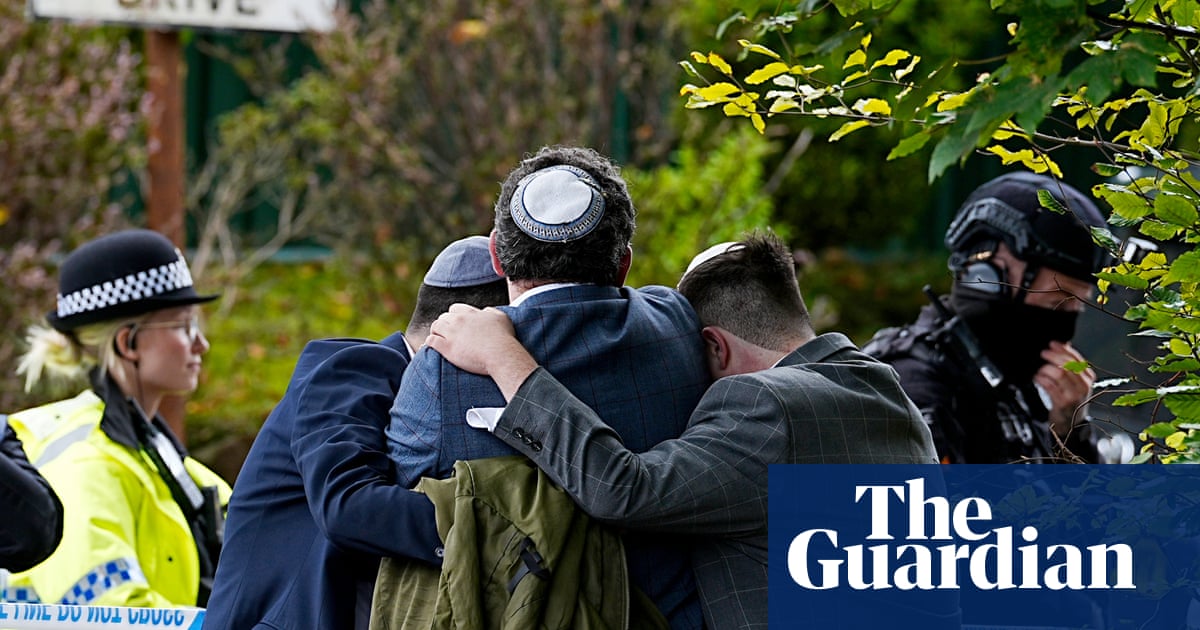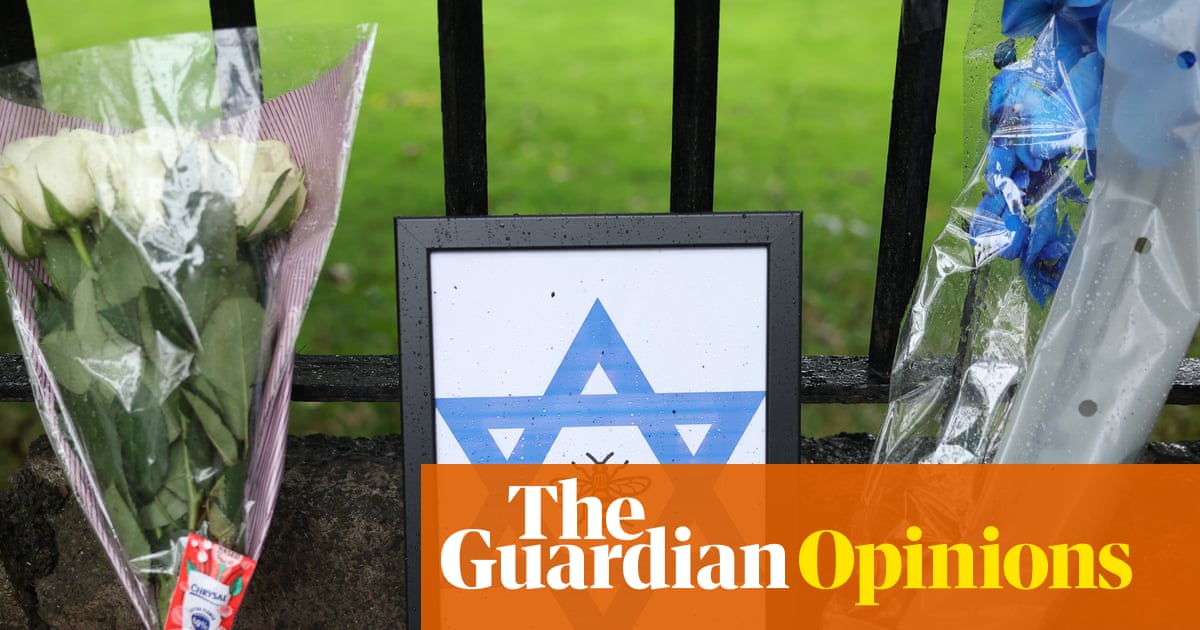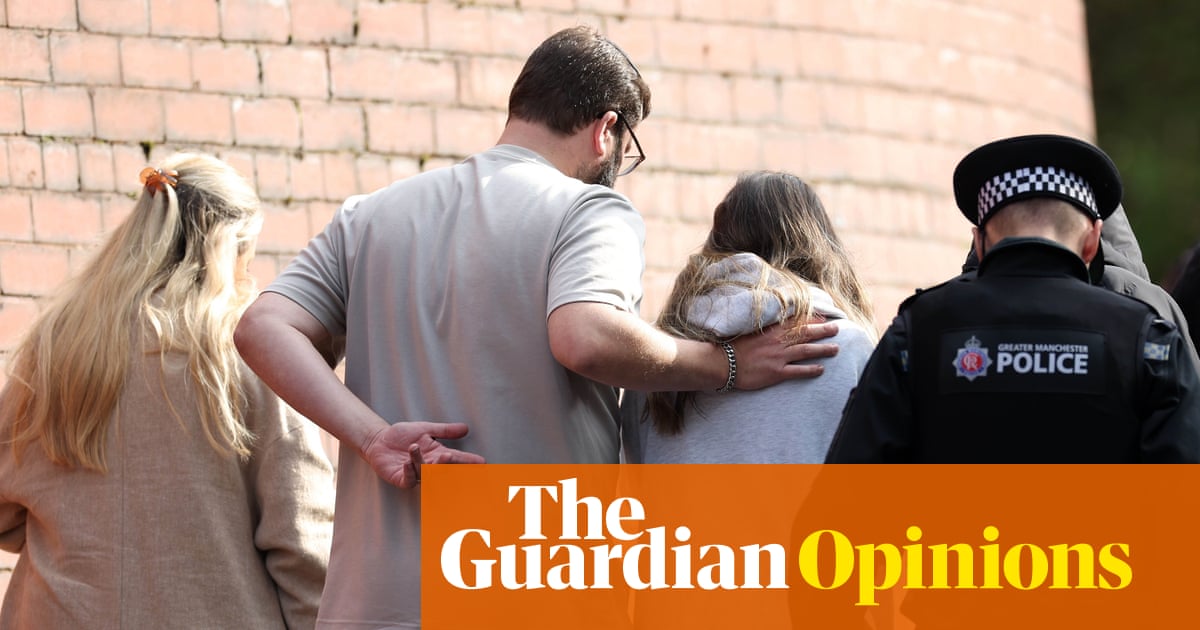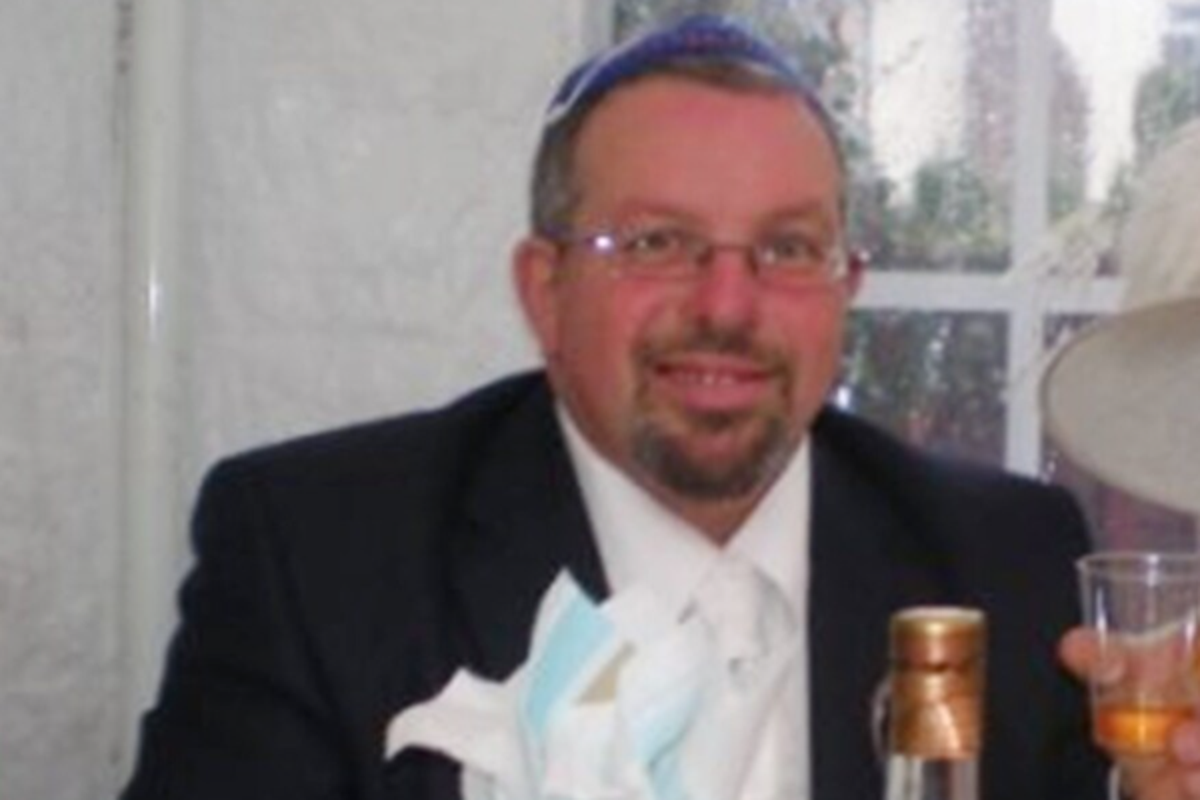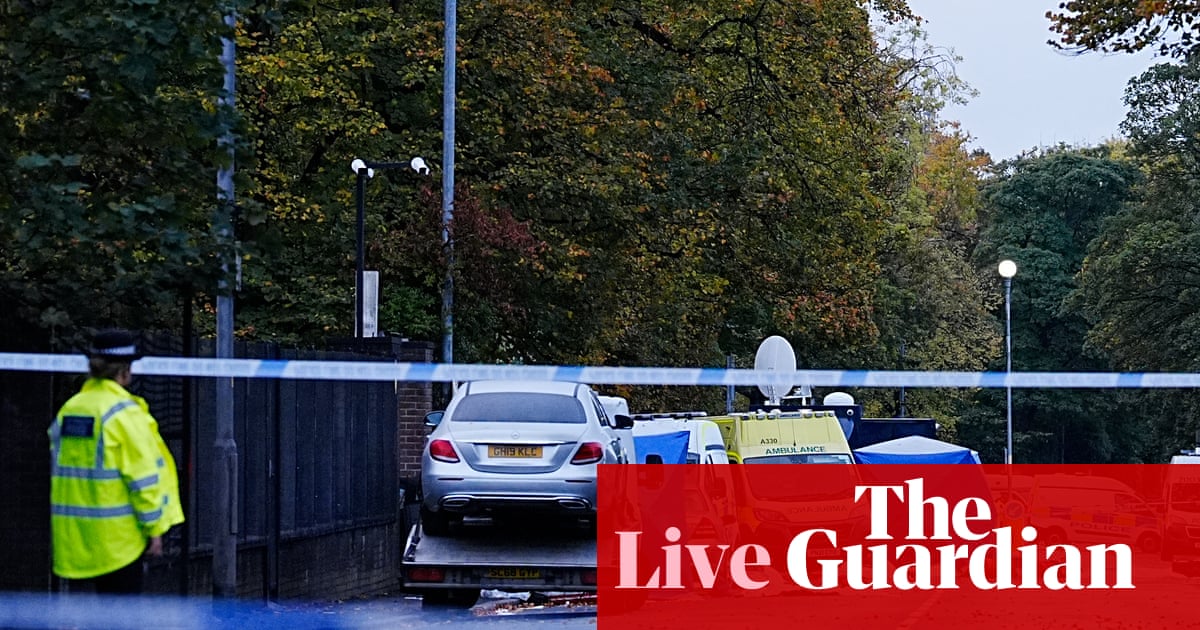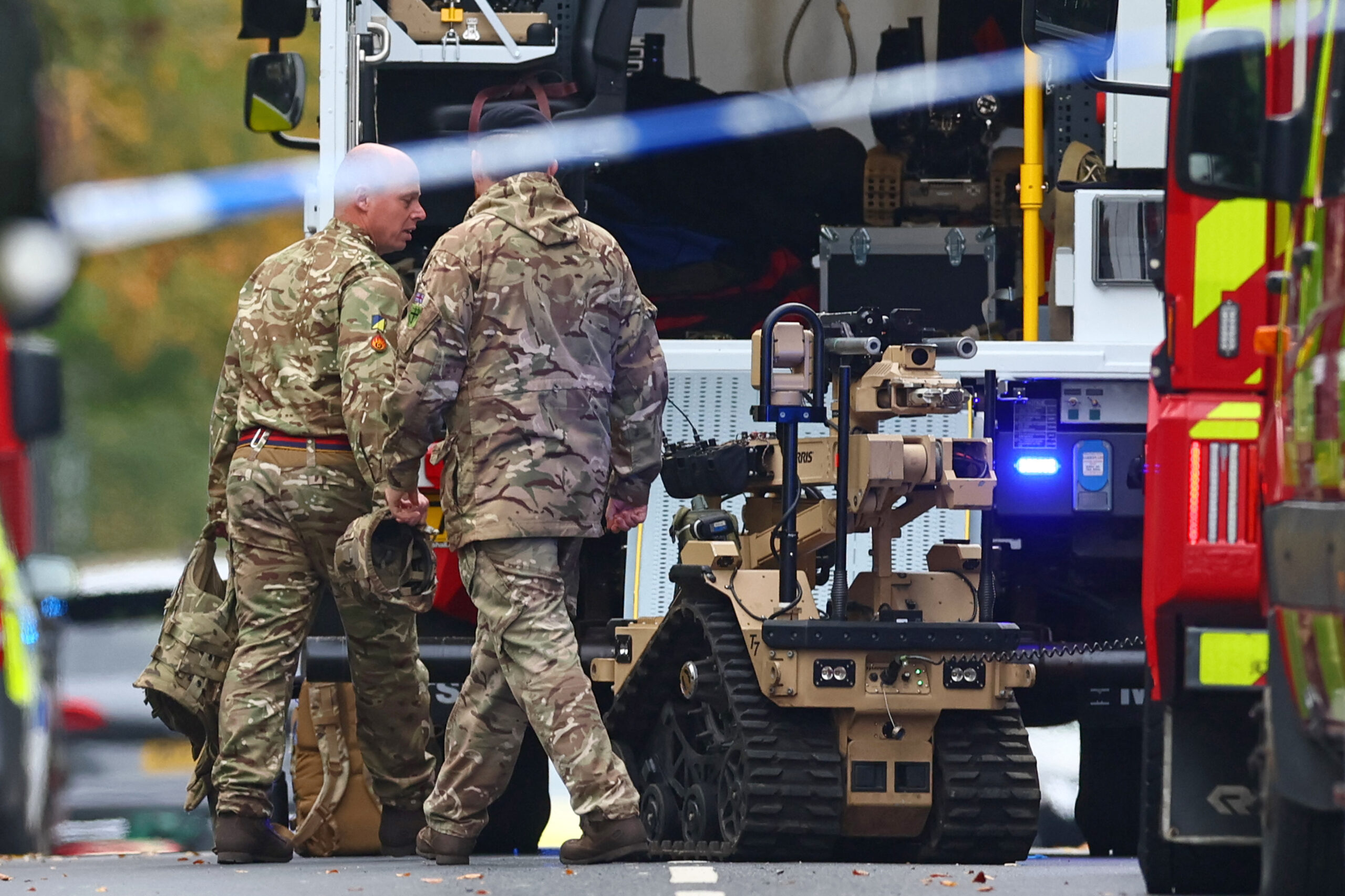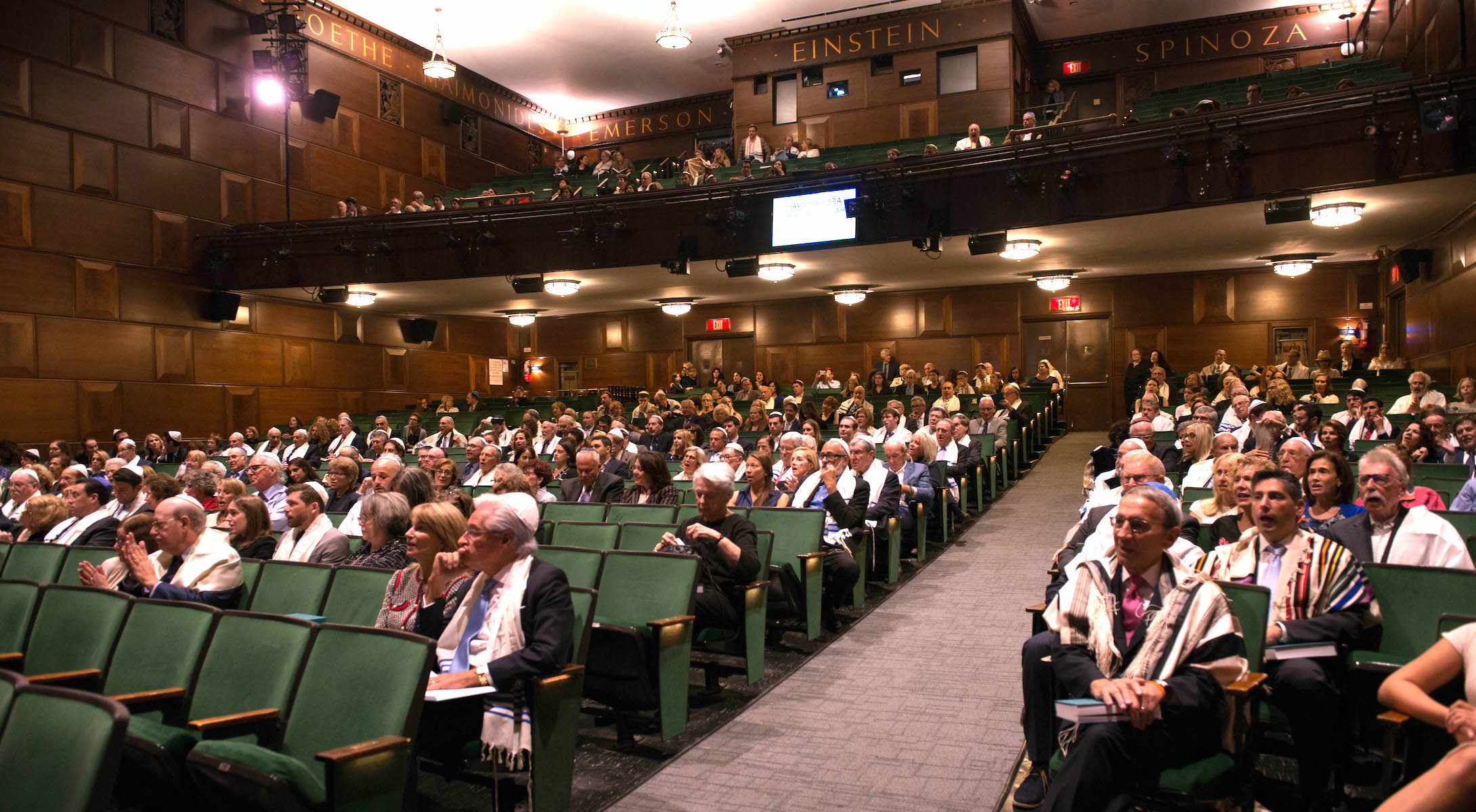#yom-kippur
#yom-kippur
[ follow ]
#synagogue-attack #manchester #manchester-synagogue-attack #antisemitism #police-shooting #manchester-attack
fromBoston.com
3 months agoVisiting Harvard Law professor arrested after allegedly firing pellet gun near Brookline synagogue
"From what we were initially told by police, the individual was unaware that he lived next to, and was shooting his BB gun next to, a synagogue or that it was a religious holiday," Temple Beth Zion leaders wrote. "It was potentially dangerous to use a BB gun in such a populated spot, but it does not appear to have been fuelled [sic] by antisemitism."
US news
World news
fromCommon Dreams
4 months agoDozens Arrested as 1,000+ Jews Demand Gaza Ceasefire at Rabbi-Led Yom Kippur Protest in NYC | Common Dreams
Jewish-led protesters, including rabbis, blocked the Brooklyn Bridge on Yom Kippur demanding a permanent ceasefire in Gaza and condemning U.S. support for Israeli actions.
fromwww.standard.co.uk
4 months agoPolice patrols increased at London synagogues as Manchester attack sparks fear and outrage
Police have deployed additional officers around synagogues and Jewish communities in London after two people were killed in Manchester on the holiest day of the Jewish calendar. The Metropolitan Police said there was no indication of an increased threat to the capital but had taken precautionary measures, thought to be in areas such as Golders Green. While there is nothing
UK news
fromThe Atlantic
4 months agoThe Judaism I Thought I Knew
For most of my life, I attended reluctantly, dreading the long hours of prayer. I was proud to be Jewish, taking satisfaction in my people's survival and success despite the attempts to annihilate us. But I was also embarrassed by what I perceived as Judaism's weirdness and obsolescence: all those nitpicky laws, and that implausible, reward-and-punishment God I thought was portrayed in the liturgy.
Philosophy
fromsilive
4 months agoHere's why NYC public schools are closed one day this week
Yom Kippur is the holiest day in Judaism, and it is often referred to as the Day of Atonement. It's a reflective holiday focused on repentance, forgiveness and spiritual renewal. It marks the culmination of the Ten Days of Repentance, which began with Rosh Hashanah, the Jewish New Year. It begins at sunset on Wednesday, Oct. 1, and ends at nightfall on Thursday, Oct. 2.
Education
[ Load more ]
